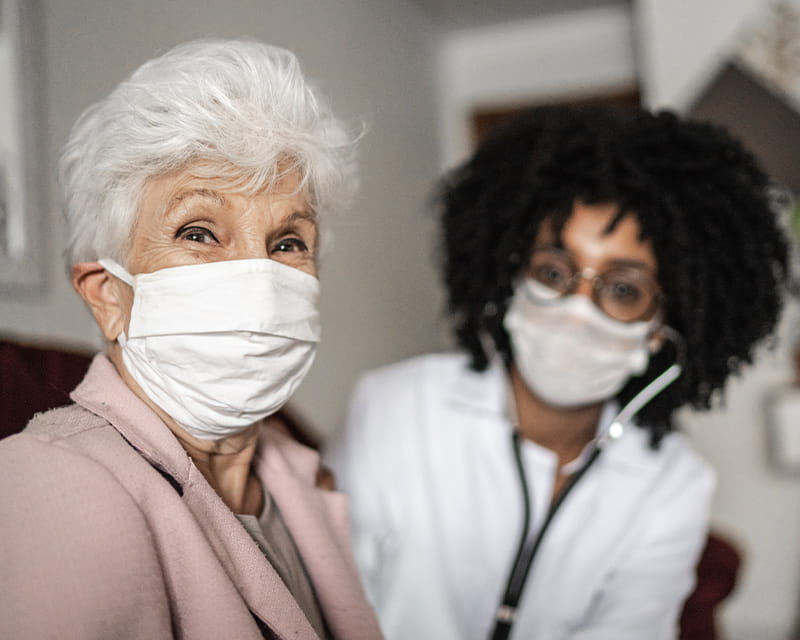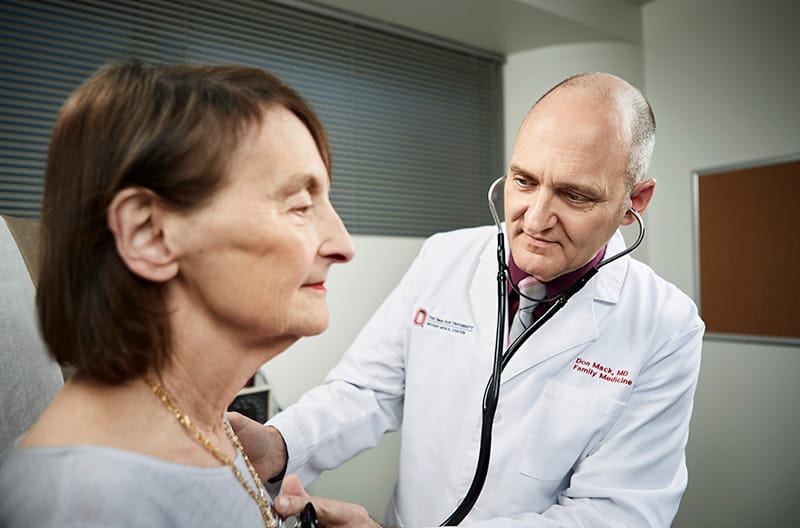
Ohio State offers comprehensive, research-driven care developed specifically for older adults with cancer
 In order to help older adults safely transition from the hospital to home, The Ohio State University Wexner Medical Center has partnered with skilled nursing and other short-term care facilities throughout greater Columbus.
In order to help older adults safely transition from the hospital to home, The Ohio State University Wexner Medical Center has partnered with skilled nursing and other short-term care facilities throughout greater Columbus.
These community-based services, which include sub-acute, transitional, long-term and hospice care, complement Ohio State’s acute care programs — and ensure patients receive the medical care and rehabilitation services they need to maintain independence or improve quality of life.
Many older adults benefit from subacute care during recovery from joint replacement surgery, diabetes complications, heart conditions, stroke or cancer. Once they’re discharged to a care facility following hospitalization, Ohio State patients are followed by a multidisciplinary team of experts. Care team members may include:
“The goal of our subacute nursing program is to help patients recover and regain important life skills after serious illnesses or injuries,” says geriatric medicine specialist Donald Mack, MD, associate professor in Ohio State’s Department of Family and Community Medicine. “We also educate patients about their conditions and teach them how to prevent setbacks or recurrences.”
Members of the subacute nursing team also work closely with Ohio State’s inpatient consultants, home health nurses and hospice nurses.
“We aim to provide outstanding, personalized care for our aging patients,” Dr. Mack, an associate professor – clinical at the College of Medicine, adds. “Whether they need physical and occupational therapy to regain mobility or palliative care services, our patients can rest assured they’re in caring, capable hands.”